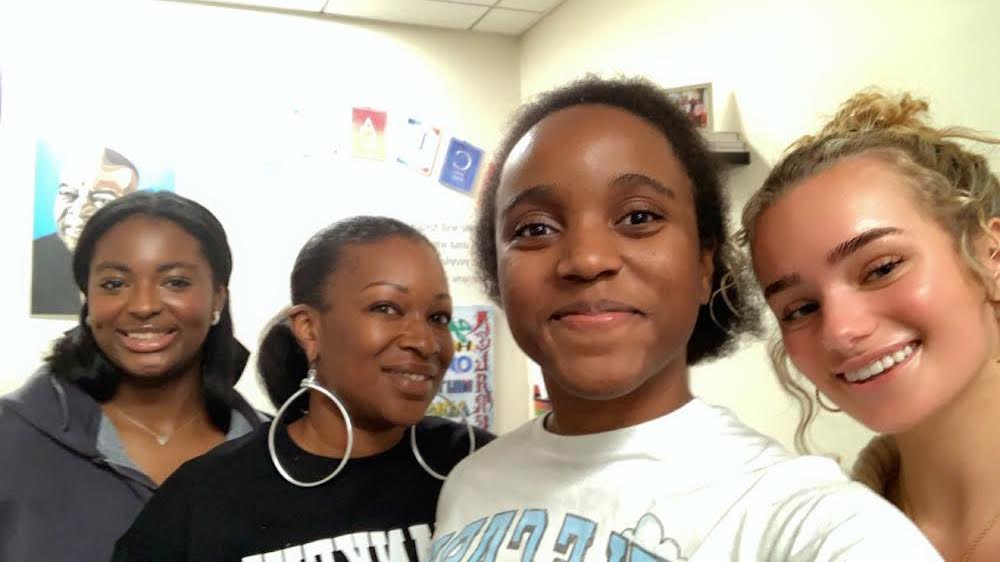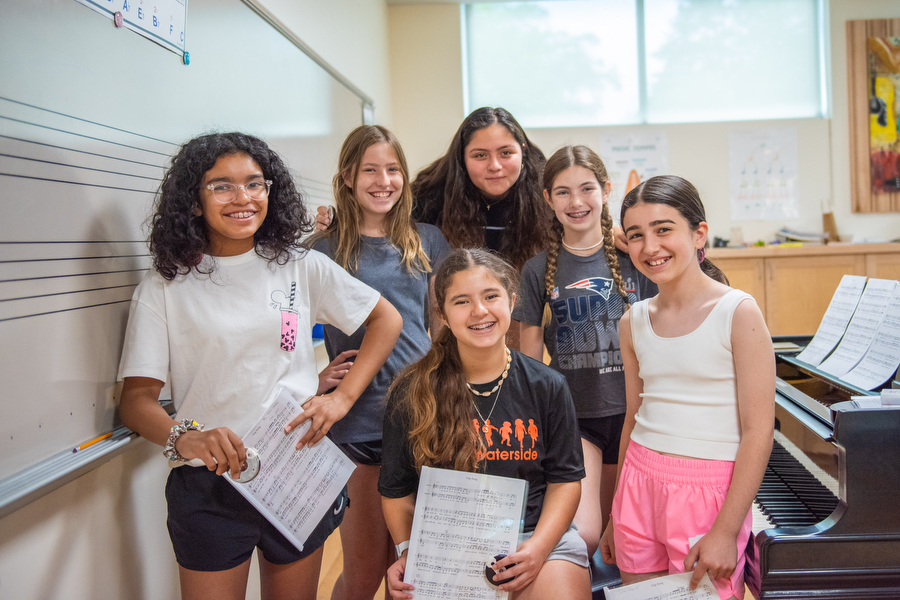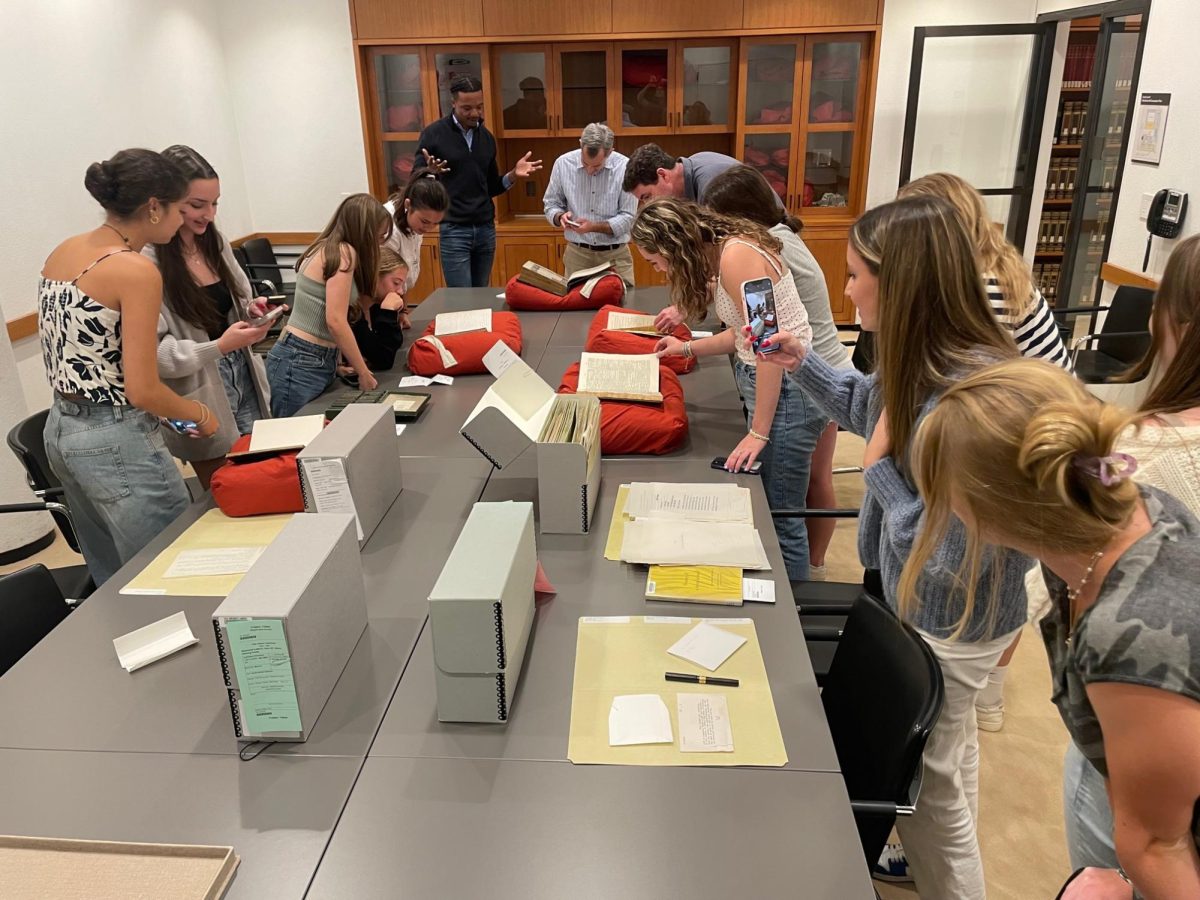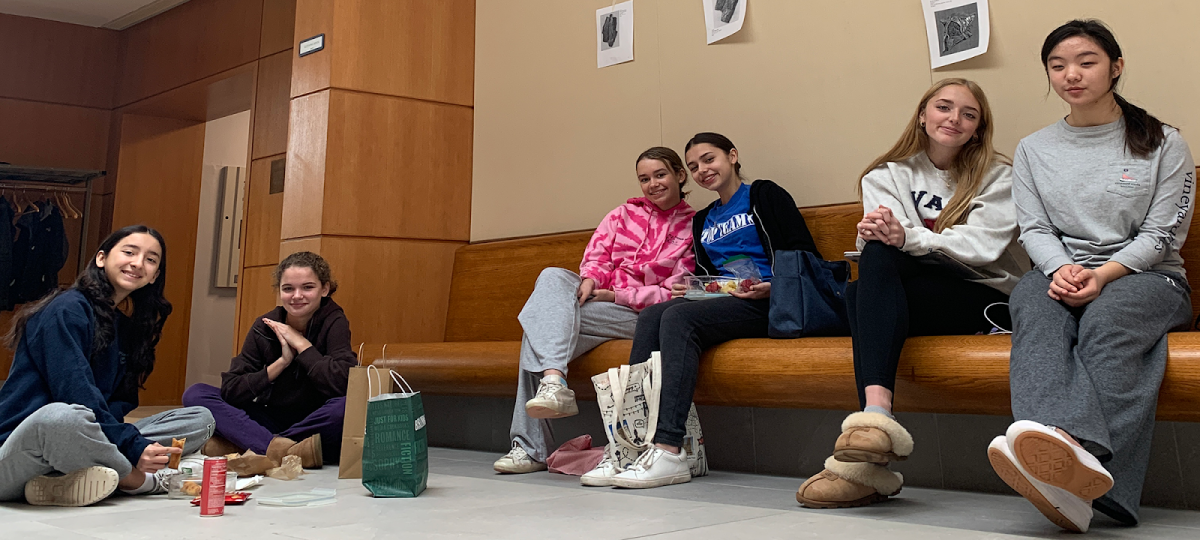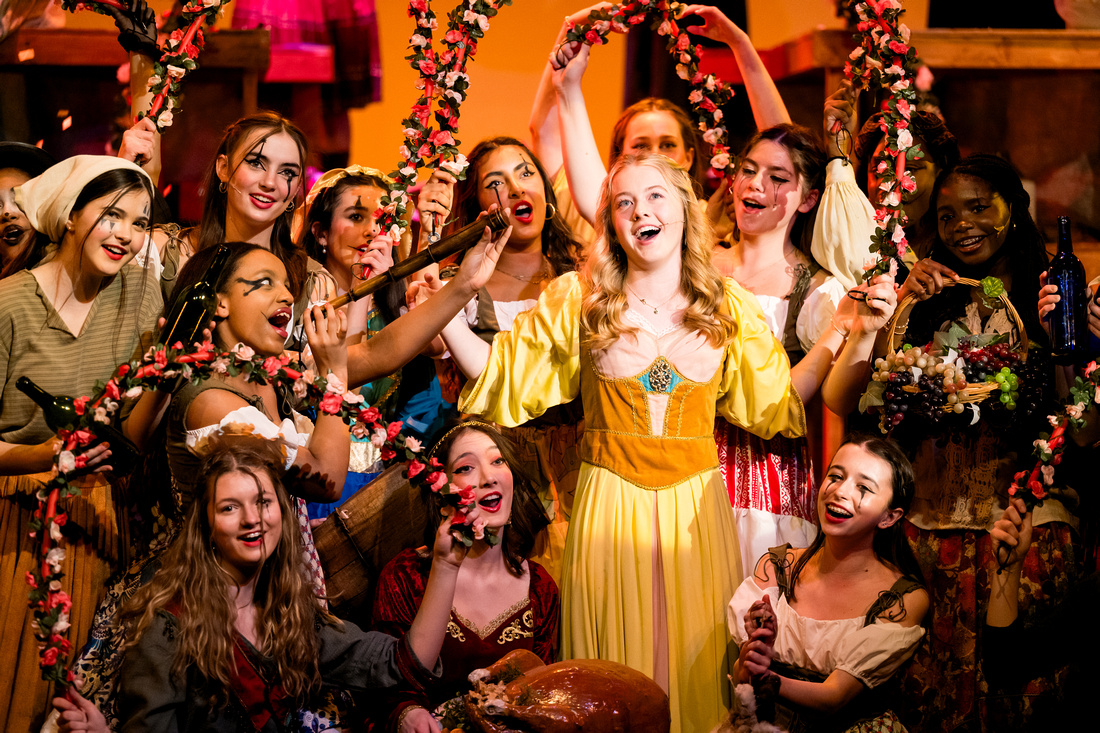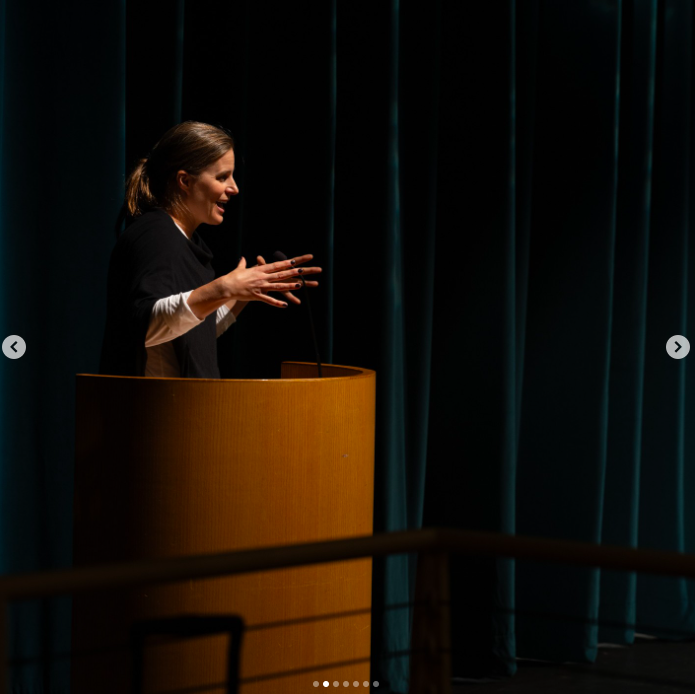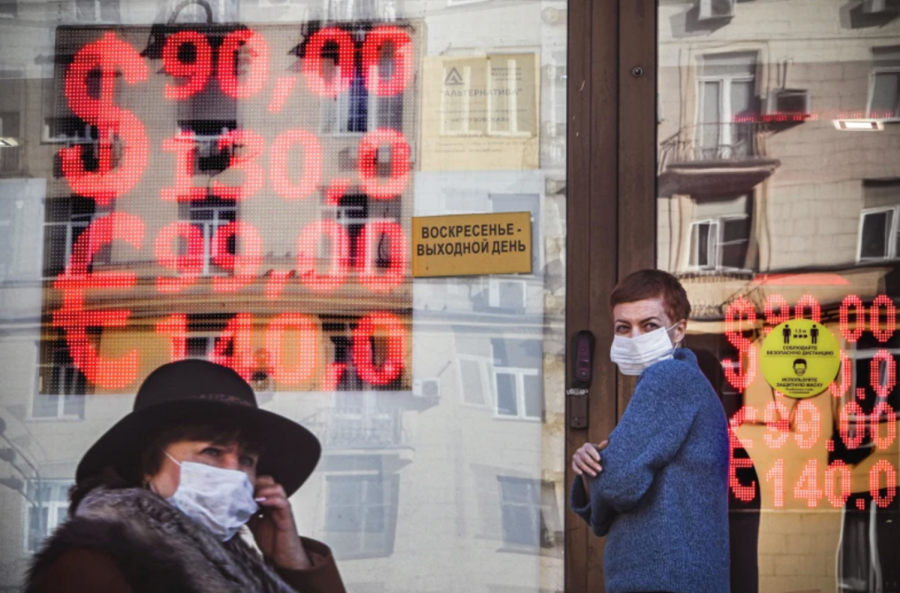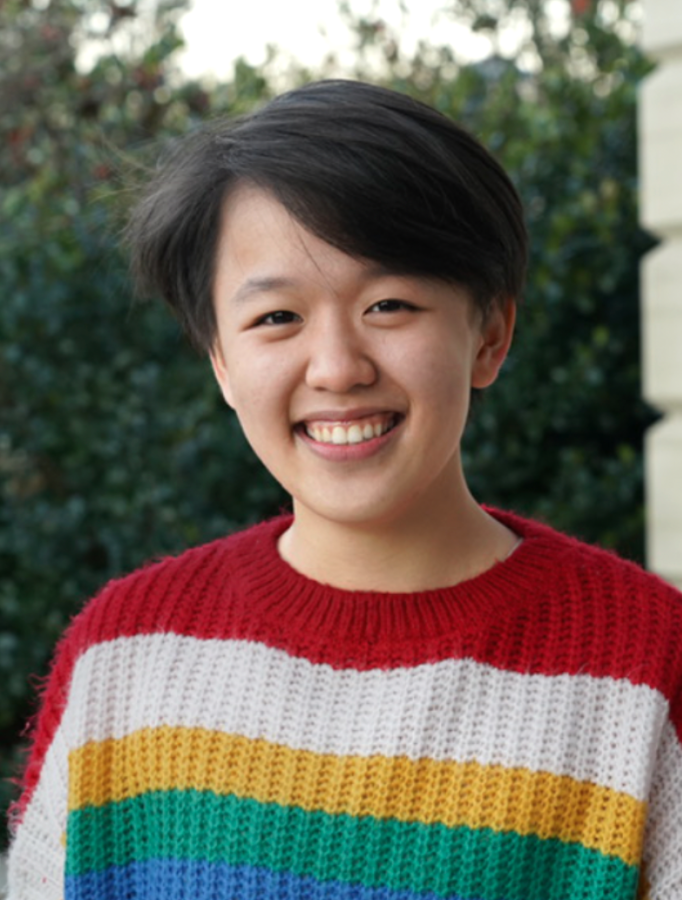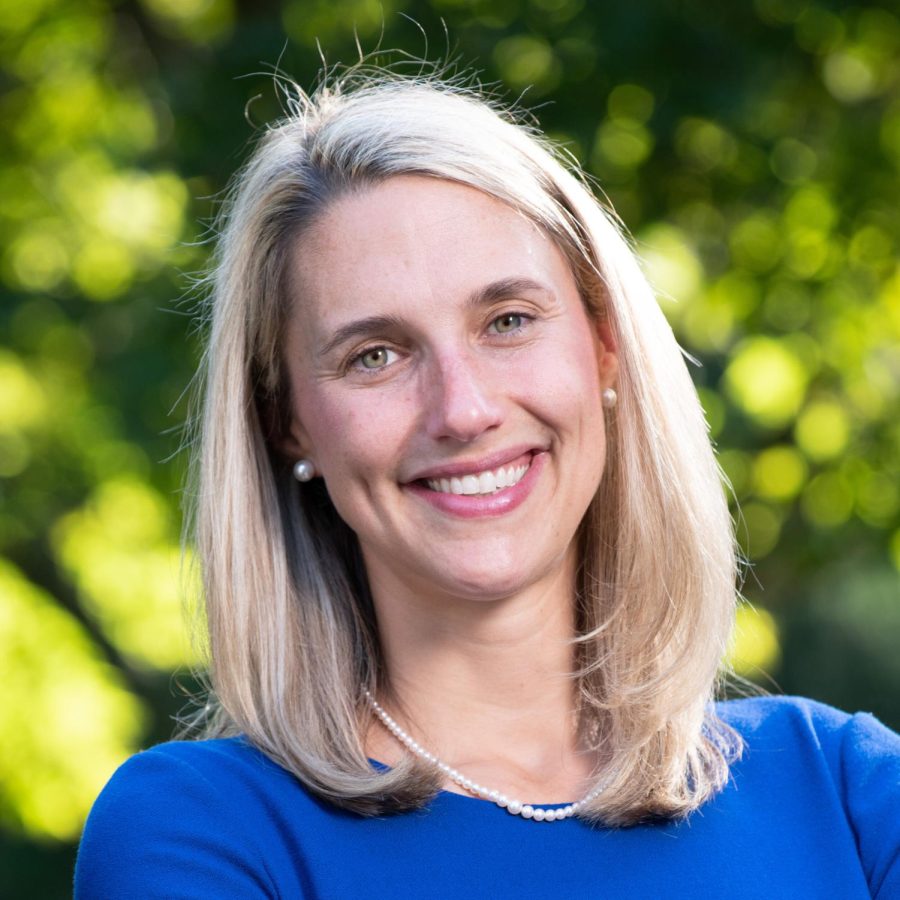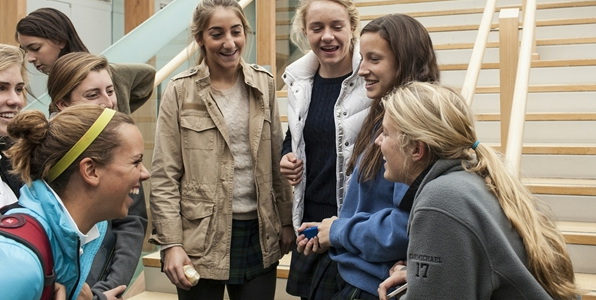
What aspects of a school qualify it to be called “all-girls’”? Is it the classes? The community? The teaching philosophy? At Greenwich Academy, the answer is certainly more complicated than at other traditional single-sex high schools.
Coordination with Brunswick has caused somewhat of an identity crisis within the GA community. To explore this conundrum, 200 GA students participated in a survey that asked, “Do you consider Greenwich Academy Upper School to be a girls’ school?”
47% of the surveyed population believes that the GA Upper School is not an all-girls’ school while the remaining 53% believe that it is. Clearly this question does not have an easy answer.
Greenwich Academy was originally founded in 1827 as a co-ed institution, but it changed to a single-sex one in 1913 after the Brunswick School was founded in 1900. Then, in the early 1970s, Brunswick and GA began the system of academic coordination that still exists today. The GA website describes this unique relationship as, “neither single-sex nor coeducational,” which seems to sum up the opinions amongst many students reflected in the survey.
Many of the participants in the survey who defined GA as a girls’ school did so because of the separation that they witness between Brunswick and GA students. It seems that at lunchtime especially, the girls gravitate to the GA cafeteria while the boys gravitate to the Brunswick one. This trend cannot be solely attributed to a preference in proximity, as there are numerous boys who are at GA and girls who are at Brunswick during lunch block.
Ellie Garland, Group X, stated that, “many girls have attended GA since middle school, and tend to spend most of their time with girls even throughout high school.” The lack of closeness between boys and girls causes many GA students to feel that they are not a part of the Brunswick community, leaving them to conclude that GA is in fact all-girls.
The majority of those who answered that GA is not a girls’ school attributed their belief to the co-ed classes. Clare Ryan, XI, feels that GA, “is not really an all-girls’ environment, because there are boys everywhere and I have majority of my classes with them.”
After ninth grade, in which GA freshmen have single-sex math and English classes, almost all classes are open to both boys and girls, ensuring a co-ed academic experience for all GA girls. Because of this interaction in the classroom in addition to interaction outside the classroom, one student reflected that GA cannot be classified as a single-sex institution because of, “the everyday influence that Brunswick boys have on us.”
However, is a school that is co-ed in an academic respect co-ed by any other standard? Some argue that besides the classes, GA has the feel of an all-girls’ school. One survey participant clarified that, “Even though we have classes with Brunswick, there is a greater sense of community among the girls than among both boys and girls.”
During advisory, flex, assembly, and other down times, GA girls spend time with their female counterparts, not their male ones. Part of the reason why this occurs is because GA and Brunswick have very few joint assemblies, field trips, and traditions. Many students argue that because most, if not all, of the community-building done during the day is spent with girls, the GA Upper School community is single sex.
If anything is clear from the survey, it is that GA’s identity is not. Even though coordination began with Brunswick 41 years ago, the relationship between the two institutions and its student bodies is still a confusing one.
